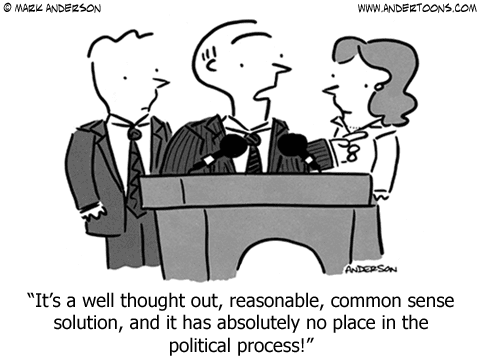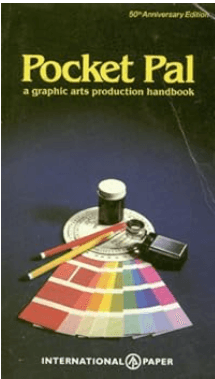BoSacks Speaks Out: How to Annoy Fans and Influence... Absolutely No One
I am a magazine guy, ink in the veins, saddle-stitched soul, and a mark-up for every occasion. I know my way around marketing. Political marketing, ho...

BoSacks Speaks Out: Super Users Are Not a Discovery, They’re the Job Description
Let’s skip the pleasantries. If you’re just now “discovering” super users, you’re not late, you’re lost. The quote from the article, “We started calli...

BoSacks Speaks Out: The Bots Are Winning, Publishers Are Letting Them
We’re living in a paradox so rich it could headline its own satire column. Publishers preach the sanctity of intellectual property, sacred, inviolable...

BoSacks Speaks Out: What If All Media is Marketing? (No Paywall)
Doug Shapiro recently published a sharp and provocative piece on Substack titled What If All Media Is Marketing? (No Paywall), exploring the logical c...

BoSacks Readers Speak Out; On the Em Dash, My Weekly Reader and Magazines as Maps
"This is where the em dash debate hits paydirt, and where my earlier blindness becomes instructive. If most writing today is disposable, designed to b...

BoSacks Speaks Out: Education Runs on Bandwidth, 2025
This isn’t about politics. It’s about plumbing. It’s about the pipes that carry opportunity. If we want a functioning society, skilled workers, litera...

BoSacks Speaks Out; The Em Dash Is Not the Villain—It’s the Canary
And here's the kicker: I didn't know the em dash was one of the most human marks on the page. Shows you how much this self-taught hack knows about his...

BoSacks Speaks Out: From Crinkly Newsprint to Digital Civics—The Atlantic Goes Back to School
If you put The Atlantic’s school distribution together with what the Magazine Literacy Project is doing, getting real magazines into the hands of kids...

BoSacks Speaks Out: Publishers Clearing House and the Art of Selling Dreams (and Discounts)
Once upon a time, before cookies tracked your every click and influencers sold you toothpaste between breakdowns, there was Publishers Clearing House,...

BoSacks Speaks Out: Magazines as Maps, and the Geography of Print
This morning at Wegman’s, tucked between the greeting cards and the batteries, I spotted a stack of printed maps. Not novelty items. Not clearance-bin...



